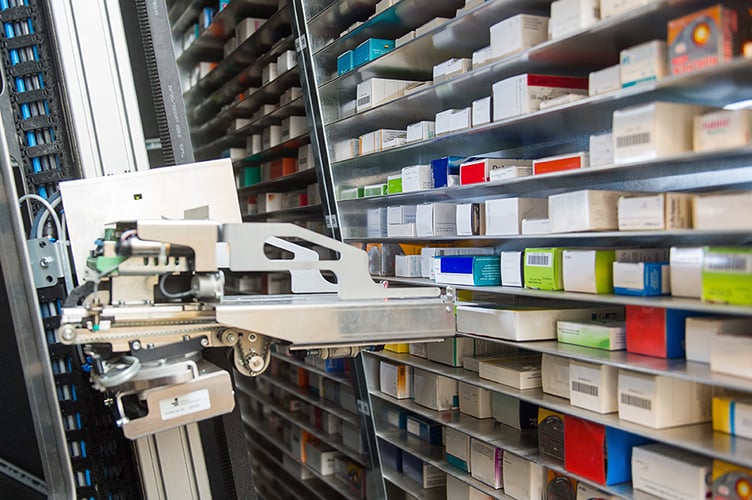Robots in the Medical Field

Robots Improving Efficiency in Hospitals
The use of technology affects humans in various ways, including their safety and comfort. The medical field is relying more heavily on robots to perform common everyday tasks in hospitals. Since hospitals tend to move many materials around the facilities throughout the day, there is a great need for robots in healthcare to perform delivery and transportation tasks. Having robots take on these kinds of tasks make the hospital staff more efficient, saves money, and allows nurses and doctors to focus on patient care.
One of the materials that robots can deliver safely and quickly is medicine. As pharmacists enter prescriptions into their computers, the delivery robots collect the correct type and dosage by scanning the correct bar-codes. The robot then collects and marks medicines, keeping track to ensure that the correct medicine reaches the patient in need. These delivery robots can take the labeled medications to nursing stations or even individual patients' rooms. This is a more efficient method that can speed up the delivery of critical medications to patients, help fill the gap of staff shortages, and keep prescriptions in a safe secure place while in transit.
Some medical delivery robots will travel over 400 miles in a week completing their rounds as they navigate the corridors, ride elevators, and stop at various stations. In addition to delivering medical supplies, some robots are even visiting to check on patients and take their vital signs for doctors. As robotics continues to develop, patients will continue to benefit from robots being in the hospital environment.